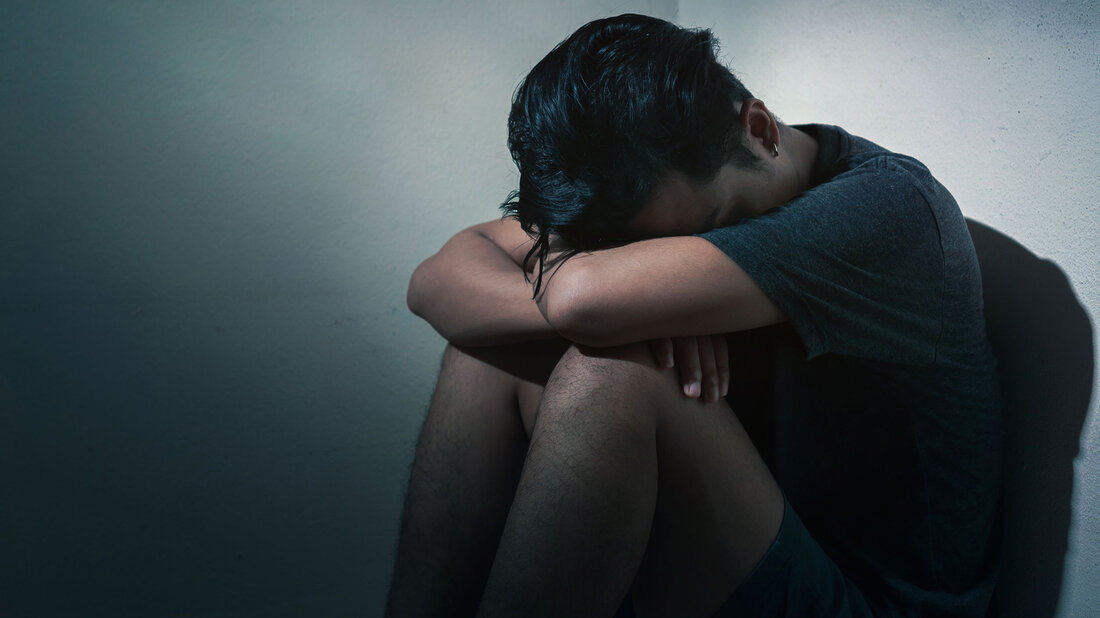How alcohol causes depression
Alcohol has been proven to cause depression. Depression is persistent feelings of hopelessness, sadness, unhappiness and causes a gloomy outlook on life. And when you suffer from depression, you can't be at the top of your game. It's difficult to work at full speed when you're tired and have a general lack of interest, which is also caused by depression. It may also be important to point out here that depression causes anxiety. So many who suffer from depression also have anxiety. Since alcohol is a known depressant, it stands to reason that people with depression should not drink. This also applies to…

How alcohol causes depression
Alcohol has been proven to cause depression. Depression is persistent feelings of hopelessness, sadness, unhappiness and causes a gloomy outlook on life. And when you suffer from depression, you can't be at the top of your game. It's difficult to work at full speed when you're tired and have a general lack of interest, which is also caused by depression. It may also be important to point out here that depression causes anxiety. So many who suffer from depression also have anxiety.
Since alcohol is a known depressant, it stands to reason that people with depression should not drink. This also applies to people with manic depression. Studies have shown that doctors miss the correct diagnosis in about 65% of depressed people.
Alcohol-induced depression actually starts with your physical body. First, alcohol lowers serotonin and norepinephrine levels in your brain. These chemicals are the chemicals that give you good feelings - a feeling of well-being, and they help you feel normal. The antidepressants are designed to rebuild these chemicals. After a long drinking career, it can take a long time for antidepressants to get these brain chemicals back to where they need to be, as alcohol can bring these brain chemicals down to zero.
Alcohol also temporarily reverses the effects of stress hormones. That's why you feel worse than ever after drinking because alcohol depresses your nervous system and brain. A study was conducted that followed people who only drank one drink per day. After these people stopped drinking for 3 months, their depression scores improved. And that's just one drink per day, so it's easy to imagine the impact an alcoholic's volume can have on any given day.
Alcohol wipes out almost every vitamin in your system after an hour of drinking. Folic acid deficiency contributes to brain aging and, in older people, dementia. Folic acid deficiency also contributes to general depression. Additionally, it breaks down alcohol in your system and speeds up the elimination of antioxidants in your blood. Antioxidants are vital to our health because antioxidants fight free radicals and free radical damage causes disease and aging. Our immune system actually produces the antioxidants which then neutralize the free radicals.
Alcohol can activate a gene that has been linked to depression and other mental health problems. The result of this activation can cause not only depression, but also seizures and manic depressive episodes.
Although the majority of problem drinkers associate depression with their mental and emotional states, this type of depression is due to your physical body's response to alcohol.
Inspired by Samantha James

 Suche
Suche
 Mein Konto
Mein Konto
